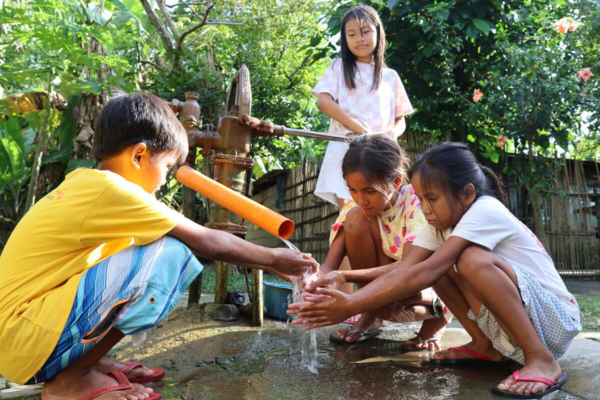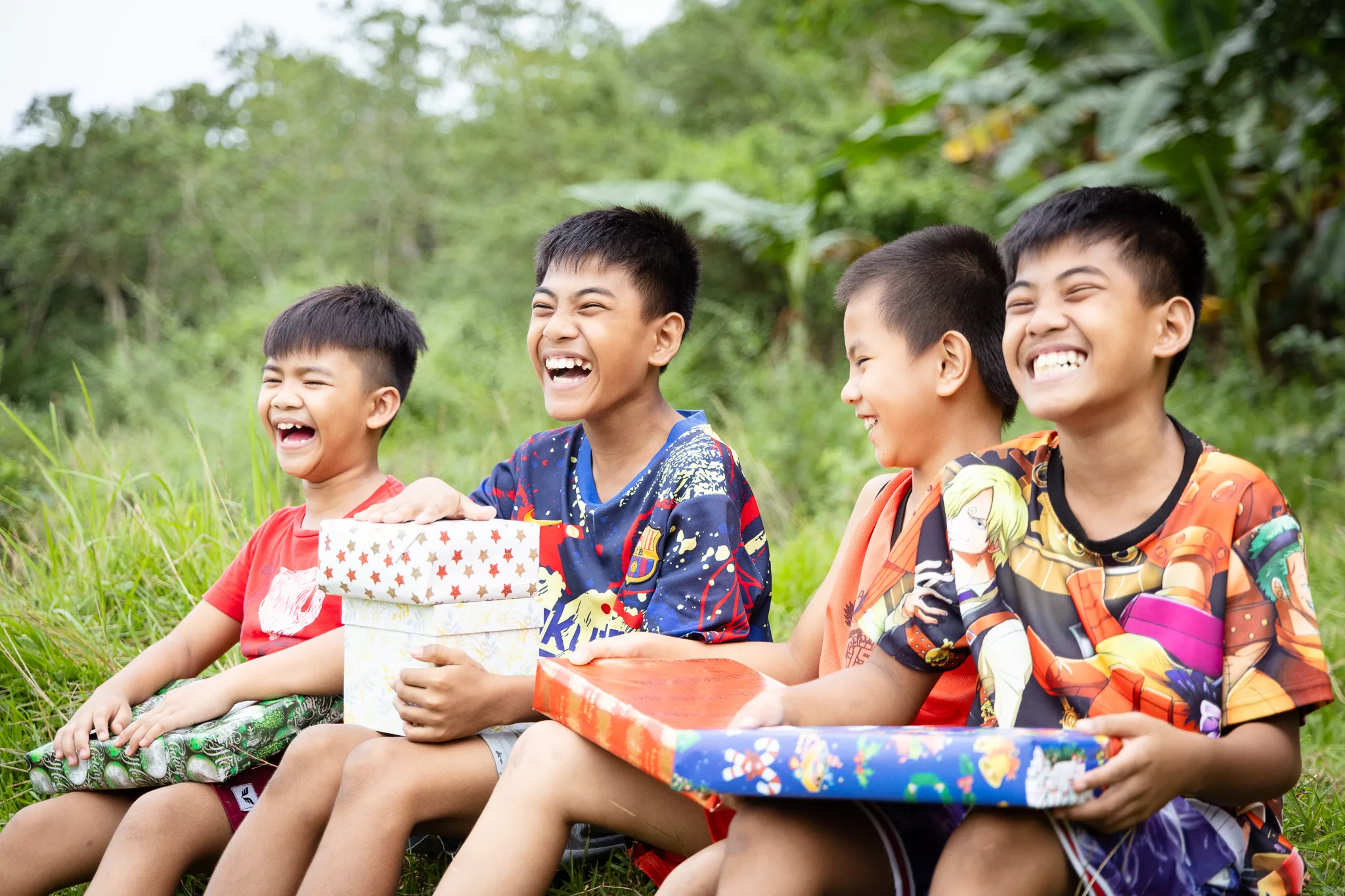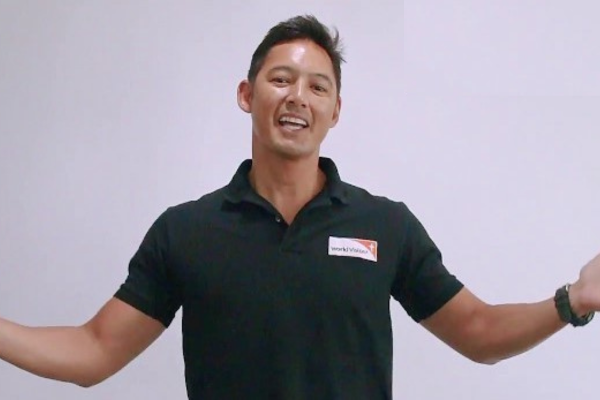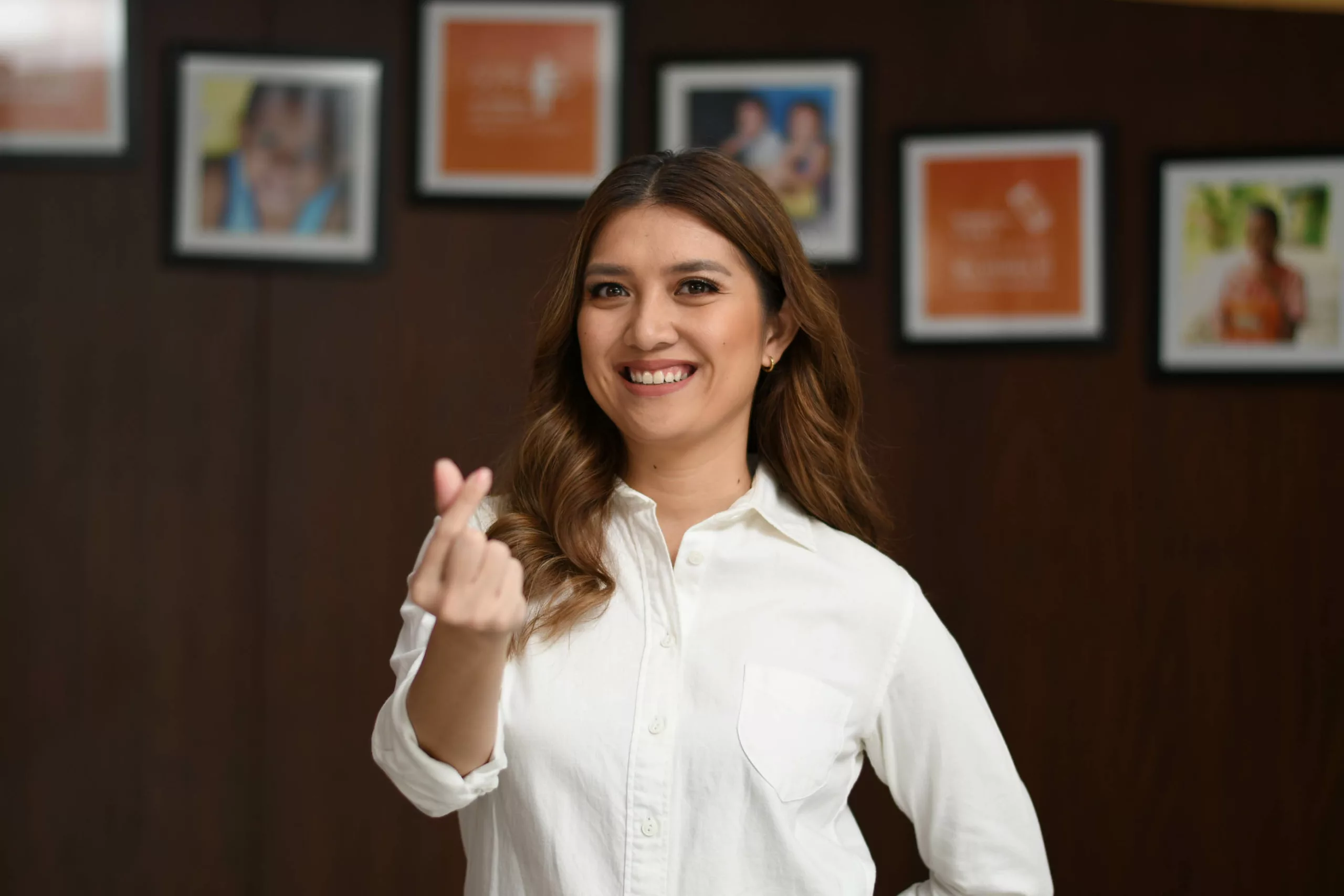Sex workers at 11
Susan* and Jane* were exposed to sex industry at age 11. It started with their friends asking them to hang out. They gave in. Soon, the simple get together resulted to cutting classes, to solvent sniffing and eventually, to providing sexual services for money.
Both girls said they needed money. Pimps preyed on their vulnerability. Susan’s father died when she was little. Her mother would bring home one man to another and never cared about her. She was left to her grandmother who could barely provide for her. She ran away. Jane, on the other hand, comes from a big family. She has younger siblings who won’t be able to eat if she does not work.

Susan’s father died when she was little. Her mother would bring home one man to another and never cared about her. She was left to her grandmother who could barely provide for her. She ran away from home and wandered around the streets. At 11, she was exposed to prostitution.
“I still feel dirty even if I take a bath every time I engage with a customer. I resort to solvent to make me forget,” Susan shared.
Sexual exploitation in the Philippines
Based on the country’s social welfare department report, there are at least 60,000-600,000 street children who are prostituted. The Philippines also ranks fourth among countries with high number of prostituted children.
One of the sad realities is that even children now serve as pimps. Jane was one.
“I used to be one. That was my other source of income aside from selling my own body. I had my contacts and every time a child asks me for work, I refer them. The price ranges from P300-P1500. It can also be higher depending on several factors like age,” she explained.

Jane comes from a big family. She has younger siblings who won’t be able to eat if she does not work. She resorted to working in the sex industry.
Reached out
Teaching Health and Resilience to Children through Inclusive Values and Empowerment (THRIVE) project is an initiative funded by World Vision Germany to improve the resilience of children to respond and recover from harmful conditions, including sexual exploitation. The project is implemented across Cagayan De Oro, Bukidnon and Misamis Oriental where World Vision has been doing development work for 16 years now.

Susan and Jane became friends while they were in the streets. They were also reached out at the same time through World Vision’s THRIVE project.
Both Susan and Jane received interventions in late 2016 through reach out volunteers who also used to be in the sex industry. They were ushered to World Vision’s drop-in shelter partner where they went through psychosocial interventions and were referred to health experts.
Connie Quebada, World Vision’s project manager for THRIVE project explained, “While we are making significant progress in helping children like Susan and Jane, we cannot yet fully say that they are healed. It is still a lot of work but making them feel that they have people to turn to, people that they can trust with their stories, make a big difference.”
The girls admit that there are times when they still run away from the shelter.
“The urge to go to the streets, to sniff solvent is still there and sometimes, it’s hard not to give in,” shared Jane.
But they always find their way back to the drop-in center. The staff and volunteers are very patient with us, they said.
Today, Susan and Jane are back to school through the department of education’s alternative learning system (ALS). They are still living in a shelter.
Although still struggling, they are hopeful that a better future awaits them. Susan dreams of working abroad while Jane hopes to be a policewoman. They also dream that other children like them who are still in the streets will have the chance that they now have.

World Vision’s THRIVE project, to date, has reached out to at least 2,000 children for awareness raising on exploitation against children while more than 2,5000 parents and caregivers were also oriented on child protection issues in their communities. There are also 129 youth and women like Susan and Jane who received psychosocial support while around 18 exploitation cases have been reported and responded to, through the active support of trained local partners, including violence against women and children desk officers and community advocates.
Written by Joy Maluyo, World Vision/August 1, 2018
World Vision is a global Christian relief, development and advocacy organisation dedicated to working with children, families and communities to overcome poverty and injustice. World Vision serves all people, regardless of religion, race, ethnicity, or gender.
Stay up to date with World Vision Philippines! Follow us on Facebook, Twitter and Instagram.








